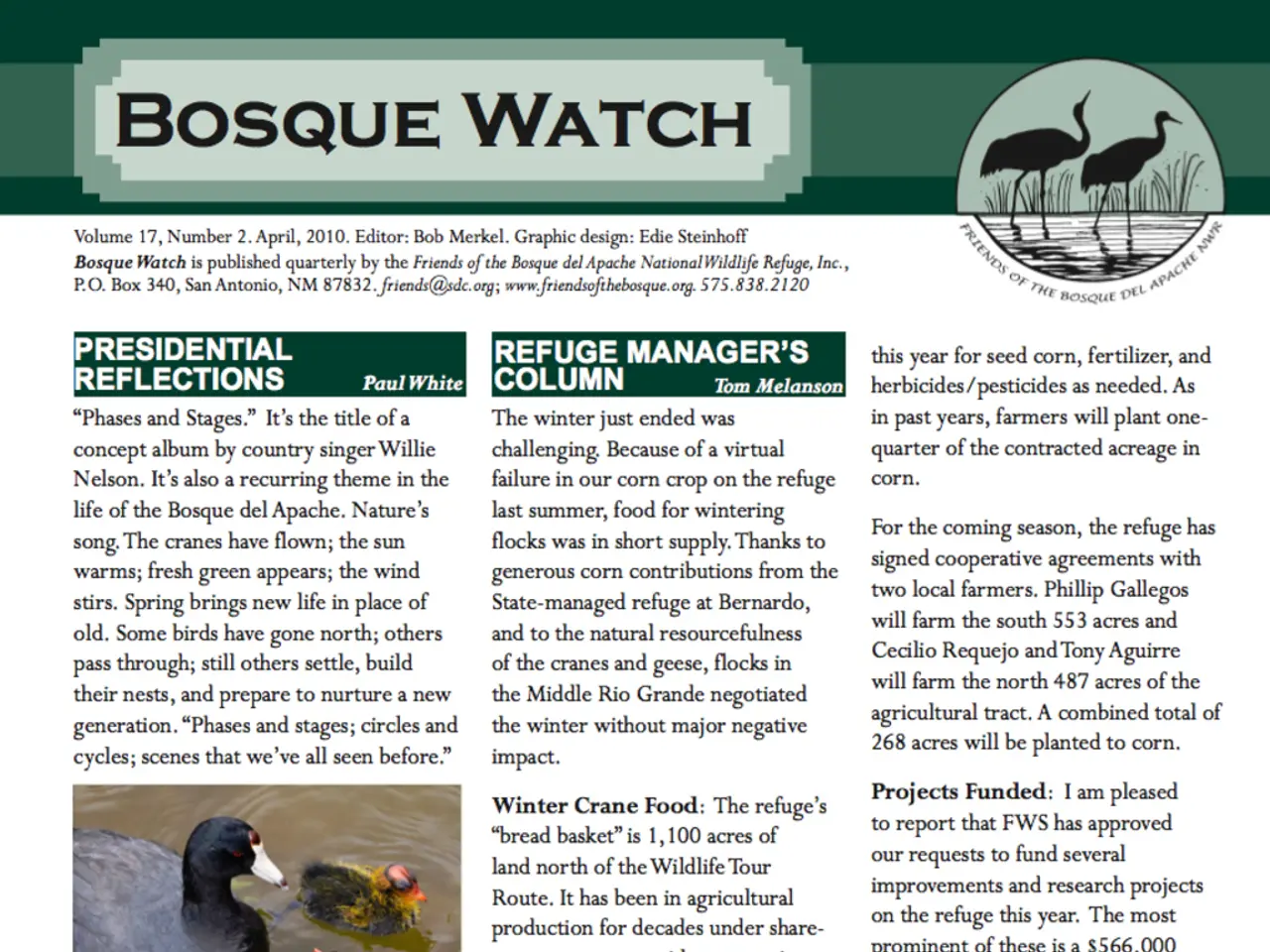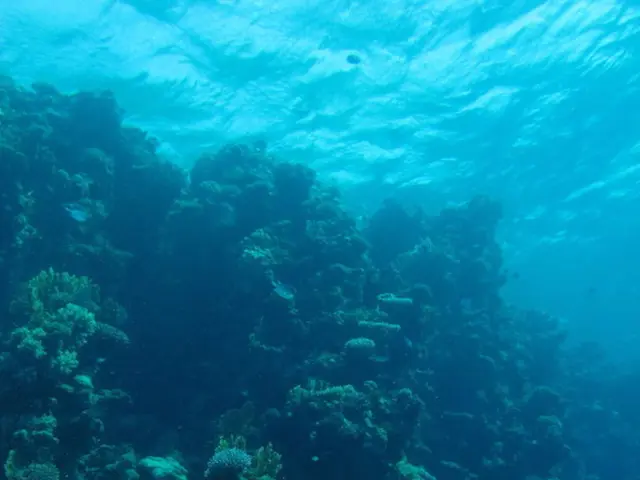Nestlé Purina Honored for Wetland Conservation Efforts
Nestlé Purina has received a prestigious award for its outstanding commitment to wetland conservation and environmental stewardship in North America. The company was honoured at the first-ever virtual Ducks Unlimited National Convention.
Nestlé Purina, known for its high-quality pet food for over 90 years, has shown a deep dedication to environmental protection. In 2015, the company joined Ducks Unlimited's corporate relations program, supporting conservation work in regions where its ingredients are sourced.
The partnership has led to remarkable results. Nestlé Purina and Ducks Unlimited have restored and protected 1,600 acres of wetland and grasslands in Iowa's Prairie Pothole Region. These restored habitats can significantly improve water quality, with wetlands removing up to 70% of nitrates and 20% of phosphorous from upstream watersheds. Grasslands, meanwhile, filter runoff to reduce pollutants.
Nestlé Purina's support also extends to the USA Rice-Ducks Unlimited Rice Stewardship Program, which preserves working ricelands, wetlands, and wildlife habitat. The company's passion for dogs, quality nutrition, and environmental protection aligns perfectly with Ducks Unlimited's mission.
Nestlé Purina was awarded the Ducks Unlimited Corporate Conservation Achievement Award for its remarkable contributions to wetland conservation and environmental stewardship. Through partnerships and restoration projects, the company has demonstrated a strong commitment to protecting and preserving habitats for both wildlife and future generations.
Read also:
- UV Degradation Threatens PV Module Longevity: Industry Experts Call for Action
- Proud Mom to Witness Twin Daughter's Success Despite Autism and Premature Birth
- Germany Boosts Federal Employee Benefits to Attract and Retain Talent
- Kamchatka's 'Orange Anomaly': Light Pollution from Greenhouse Complex Raises Concerns








